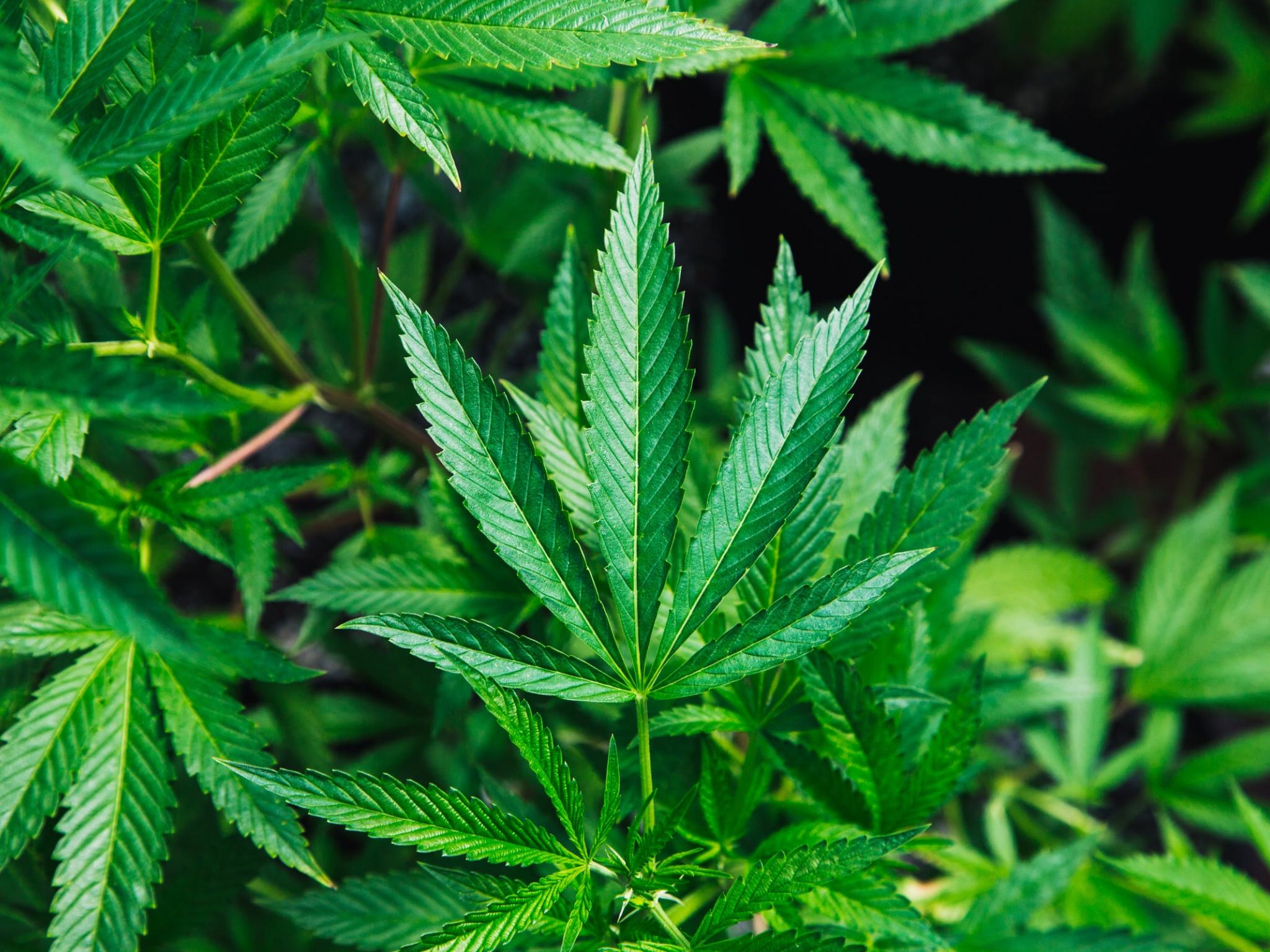
A new study conducted by economic researchers from the University of Massachusetts Amherst provided a systematic analysis of the current licensing strategies taken by all states that have passed medical cannabis laws and adult-use recreational cannabis laws.
The study published in the International Journal of Drug Policy showed data on cannabis business licenses offered in each state, as well as metrics for license categories, cost and issuance volume.
The method used by researchers analyzed patterns between these metrics, considered how long ago the states implemented medical and recreational cannabis laws, qualitative licensing aspects, state ideology, voting preference and state cannabis taxation data.
The economic researchers from the university — Lucy Xiaolu Wang and Nicholas J. Wilson — found states tend to license medical cannabis more restrictively than adult-use cannabis and stated that implemented medical and recreational marijuana laws earlier tend to offer licenses in more categories, at a lower cost, and in huge volumes.
Despite the states that implemented medical cannabis laws recently lean conservative and Republican, the study did not show a relationship between ideology, voting preference and licensing policy.
“While the ‘early mover’ states are some of the least conservative (e.g. California, Colorado and Washington), in recent years multi-category or low-cost licensing regimes have also been implemented in conservative-leaning states (e.g., Oklahoma and West Virginia),” wrote Wang and Wilson, who are both also affiliated with the Max Planck Institute for Innovation and Competition during the study period.
“Further, the restrictive-MCL, broad-RCL approach taken by Illinois and Massachusetts (both less conservative, Democrat-leaning states) may influence these results, which only consider MCLs. Another consideration is that most states without MCLs (e.g., Idaho, Indiana, Iowa, Tennessee, and Wyoming) lean conservative and Republican.”
Moreover, the paper showed some states with medical cannabis laws exempt medical cannabis from state sales tax, although most levy excise duties — sometimes as a “special sales tax” — instead of, or on top of, state sales tax.
Researchers also found that non-price duties are levied in 11 states.
“The choice to impose non-retail price taxes could be influenced by factors such as regulatory capacity, interventionist appetite, or market structure,” they said.
The study concluded by examining how policymakers face the complexities of state licensing with the challenge of the persistence of illicit markets in some states.
“As long as cannabis remains federally illegal and licensing remains the responsibility of states, each state may continue to act based on their own estimation of the trade-offs involved, which can carry negative externalities for others,” researchers concluded.
Photo: Courtesy of Rick Proctor via Unsplash







